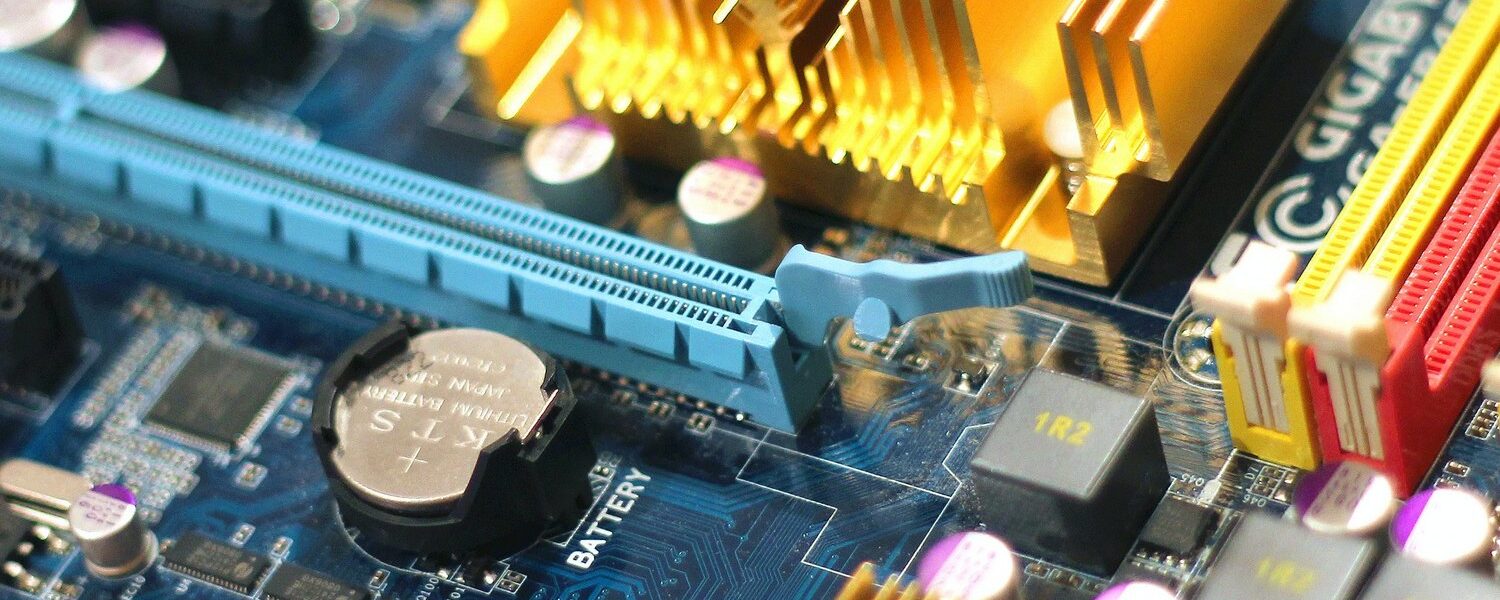A large number of companies and independent teams are involved in the creation of computer games. Specialists of different professions are involved in the development: programmers, game designers, artists, QA specialists, etc.
Large professional teams of 100+ specialists are involved in the development of large commercial gaming products. And such projects in development can cost tens of millions of dollars.
However, quite successful game projects can be implemented by small teams of enthusiasts. This is facilitated by the presence on the market of a large number of open and widespread platforms, high-quality and practically free engines, platforms for attracting “people’s” investments (crowdfunding) and affordable distribution channels.
Publishing and operating games
Games are distributed or operated (in the case of MMOs), as a rule, not by the developers themselves, but by the publishers. At the same time, publishers (or operators) localize games, interact with platform owners, conduct marketing campaigns, deploy infrastructure, and provide technical and informational support for released games.
For medium and small gaming products, this level is practically unavailable. As a rule, such products are brought to the market by the developers themselves, directly interacting with the platforms.
Popularization (game marketing)
Specialized mass media have always been a powerful channel for delivering information to users.
Now the most effective and widely represented direction of the media are informational sites devoted to gaming topics.
Gaming magazines, which have long been the main source of information about games, have now given way to internet resources.
Another important channel for delivering useful information to players is TV broadcasts, both in the format of classic TV broadcasting and on a variety of video content channels.

